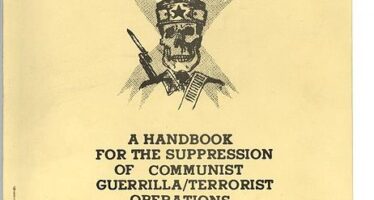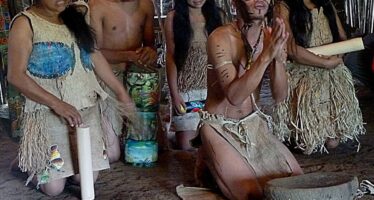AMNESTY INTERNATIONAL WEBSITE ‘BLOCKED IN SAUDI ARABIA’
![]()
 The Saudi Arabian government has denied that the law will stifle protest © Amnesty International
The Saudi Arabian government has denied that the law will stifle protest © Amnesty International
Access to Amnesty International’s website has been blocked in Saudi Arabia today following the organization’s criticism of a draft anti-terror law that would stifle peaceful protest in the kingdom.
Amnesty International published its analysis of a leaked copy of the draft law on Friday. The organization condemned the proposed law’s treatment of peaceful dissent as “terrorist crimes”, as well as the wide-ranging powers the Minister of Interior would hold, free from judicial authorization or oversight.
Several journalists and human rights activists based in Saudi Arabia independently confirmed that they were unable to access the www.amnesty.org website today.
“Instead of attacking those raising concerns and attempting to block debate, the Saudi Arabian government should amend the draft law to ensure that it does not muzzle dissent and deny basic rights,” said Malcolm Smart, Amnesty International’s Middle East and North Africa Director.
The Saudi Arabian Embassy in London released a statement on Saturday calling Amnesty International’s concerns about the law “baseless,” saying that the “suggestion that this draft law would be used to suppress dissent, rather than against terrorists, is wrong.”
The draft law allows for extended detention without charge or trial, fails to prohibit torture or other ill-treatment and would mean harsh penalties for peaceful acts of dissent.
It allows for a minimum 10-year prison sentence for “questioning the integrity” of the royal family. Other actions broadly defined as “terrorist crimes” carry a death sentence.
“Saudi Arabia’s blanket denials are at odds with the draft law’s contents,” said Malcolm Smart.
“The Saudi Arabian government is simply adding insult to injury by curtailing freedoms in the name of countering terrorism.”
Saudi Arabia’s consideration of the draft law comes amid months of pro-reform protests across the Middle East and North Africa.
Related Articles
PAIN MANAGEMENT IS A HUMAN RIGHT – BUT NOT FOR ALL
![]()
56 years ago, in 1961, an international treaty, the Single Convention on Narcotic Drugs “obligated countries to work towards universal access to the narcotic drugs necessary to alleviate pain and suffering
SCHOOL OF THE AMERICAS. STILL THE SCHOOL FOR KILLERS?
![]()
Global Witness: “Honduras, the most dangerous country per capita to be an environmental activist for the last five years, with 101 deaths between 2010 and 2014”
Costa Rica y pueblos indígenas: informe del Relator Especial de Naciones Unidas exhibe graves y persistentes lagunas
![]()
El pasado 28 de septiembre del 2022, se dió a conocer el informe realizado por el Relator Especial de Naciones Unidas sobre los Derechos de los Pueblos Indígenas, a raíz de su visita in situ en Costa Rica a finales del año 2021




